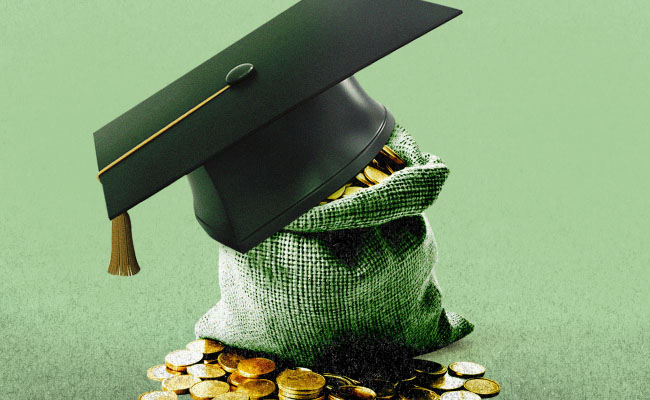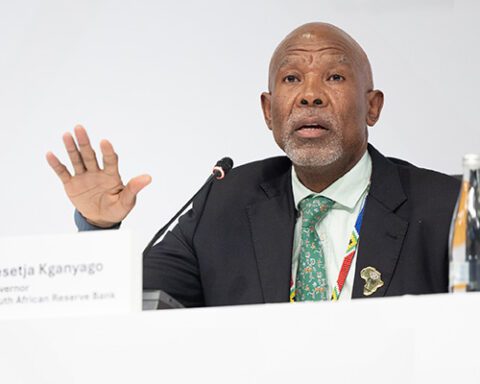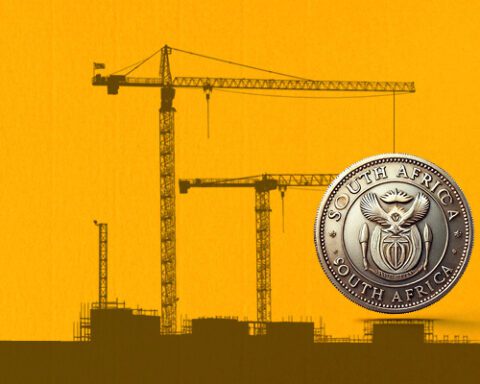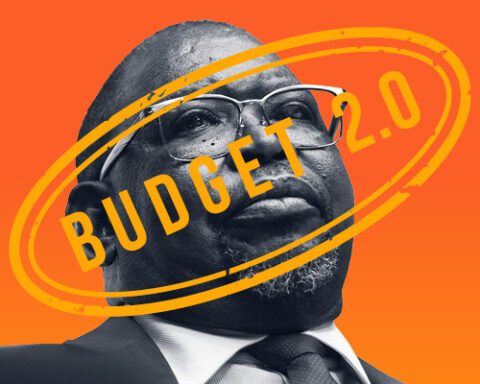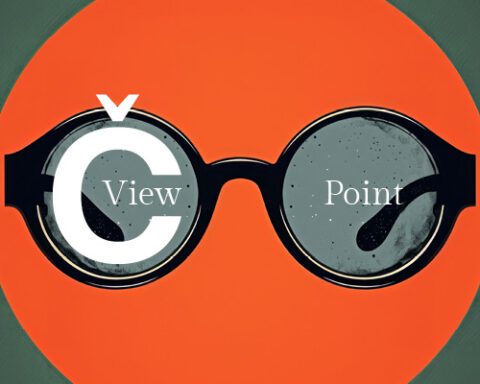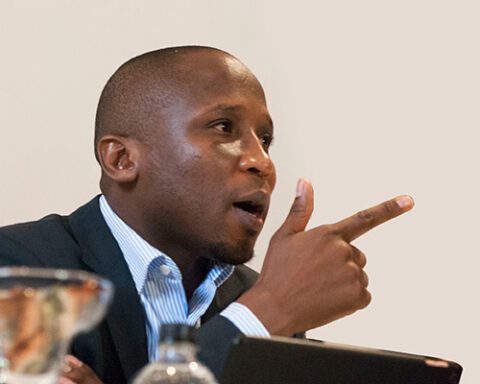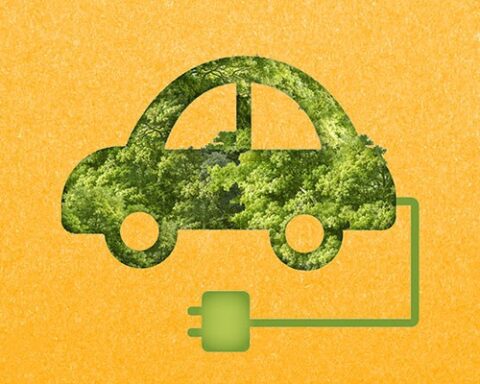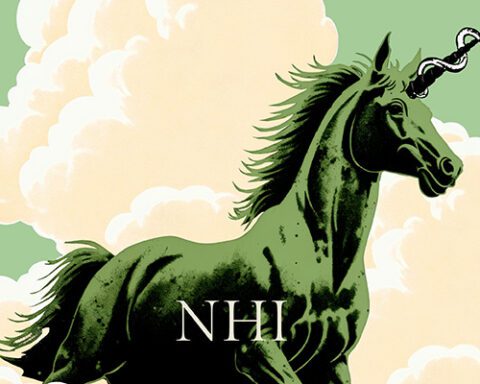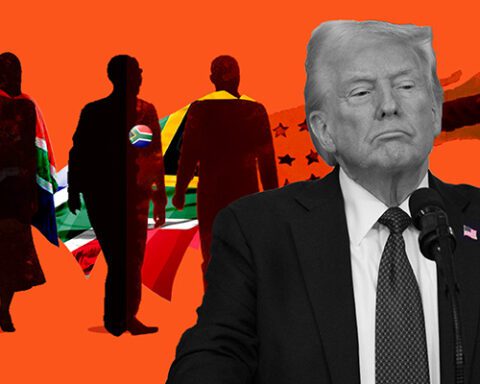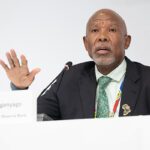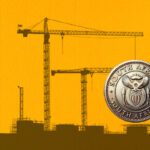As important as a good education might be, nobody likes paying school fees. For most local parents in South Africa, the inevitable annual increases – even at government schools – likely come at the expense of some purgeable luxuries.
But for the smaller pool of parents stumping up hundreds of thousands each year for the country’s elite private schools – the kind whose gyms rival Virgin Active and whose school choirs sing reception-hold music – even a modest percentage increase is a dramatic sum of money.
This makes gawking at the annual hikes at the priciest schools something of an intriguing, albeit uncomfortable, pastime – especially as 2025 highlights that these institutions are increasingly out of reach for most South Africans.
All the high-end school fee increases for 2025
For the 2025 school year, Currency researched upfront annual payments for matric pupils in South Africa’s elite private schools, excluding voluntary add-ons, and compared these to 2024’s fees. At the time of writing, only Hilton College had failed to publish or provide a full fee schedule for the 2025 academic year, but confirmed an increase of 5.8% from 2024’s fees.
Currency calculated that the average increase across South Africa’s elite private day schools is 7.3% for 2025. Private boarding schools are slightly more muted, with an average increase of 6.8%. Across the top-tier government schools we checked, most are increasing their fees by an average 6.6%.
Some 2025 private school fee increases alone are a term’s worth of fees at the country’s best former model C schools. They are more than a lot of parents can afford to pay for an education of any kind. According to the BankservAfrica take-home pay index, the average take-home pay of about 4-million salary earners was R15,374 in April.
And though finding an extra R25,000 when you’re already paying R370,000 might only mean scratching one short business-class flight off the roster for the year, it’s still not insignificant. Yet, South Africa’s most expensive schools march on, with next year’s price increases leading those carrying the costs into uncharted territory.
The most expensive day schools in South Africa
Our list of South Africa’s most expensive private day schools in 2025 holds few surprises for those who follow this topic with horror or a macabre outside interest.
Kearsney College, at R257,510, is more than R36,000 pricier than nearest rivals St John’s College, girls’ school Roedean School and Bishops Diocesan College. These top four are unchanged from last year. An above-average increase by King David Linksfield sees that school jump into fifth position – displacing St Mary’s School (the only other girls’ school on the list).
This means that nine private day schools in South Africa are now in the R200,000-plus club, with the 10th only a few rands behind (see table). Only three achieved this dubious distinction last year.
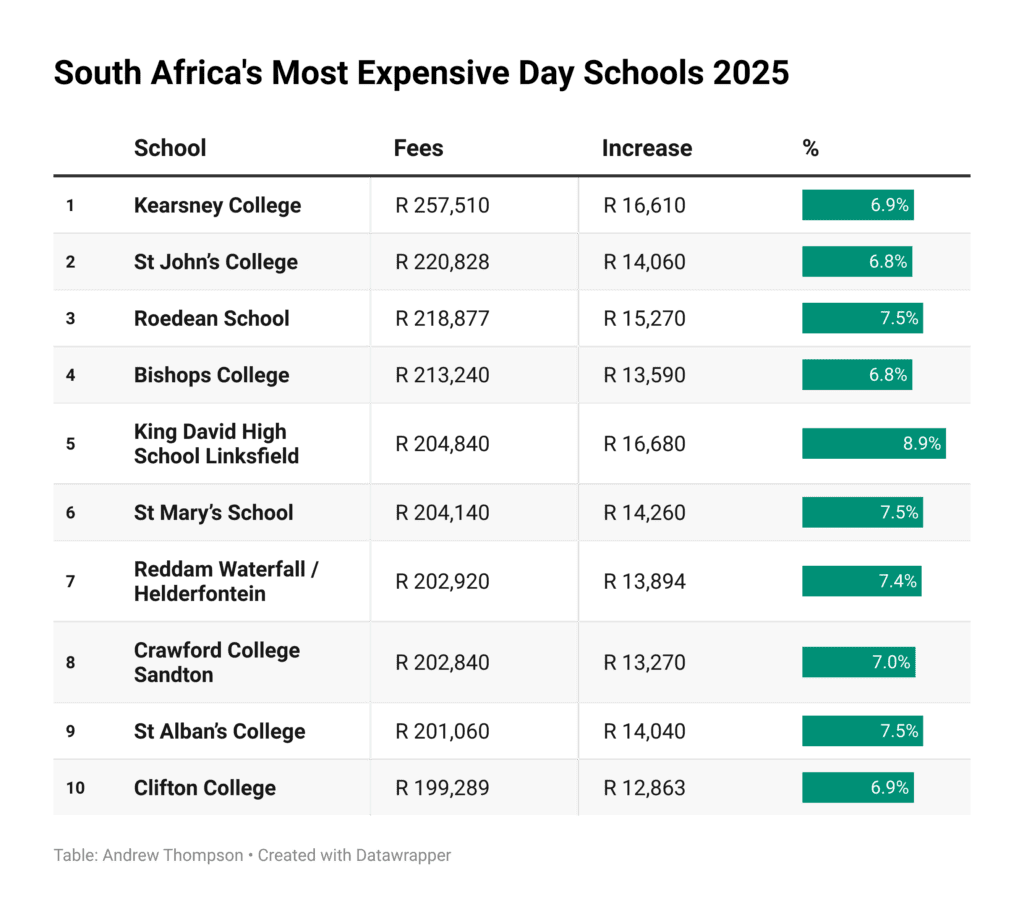
Comparing fees between private day schools and their government counterparts is interesting, if complex. The list of government schools in South Africa is nearly exhaustive, and apart from a few outliers across various brackets, most settle into fees that differ by only a few rands.
Still, in 2025, Pretoria Boys’ High will once again be the most expensive government school in South Africa. A 7% increase elevates its annual fees to R75,100 – a whole R182,410 less than its private counterpart.
King Edward VII School, Rondebosch Boys’ High School and Grey College, historically the next most expensive government schools, aren’t far behind, hovering at about R70,000. The usual suspects of Parktown Boys’ High School, Jeppe High School for Boys, Wynberg Boys’ High School, and South African College High School (SACS) follow closely (see table).
Once again, it appears that just two girls’ schools will make the government schools’ list – Parktown High School for Girls and Rustenburg Girls’ High School. Both are more than R10,000 cheaper than the most expensive government boys’ schools. The most expensive private girls’ school for 2025 is now R154,327 more than its government counterpart.
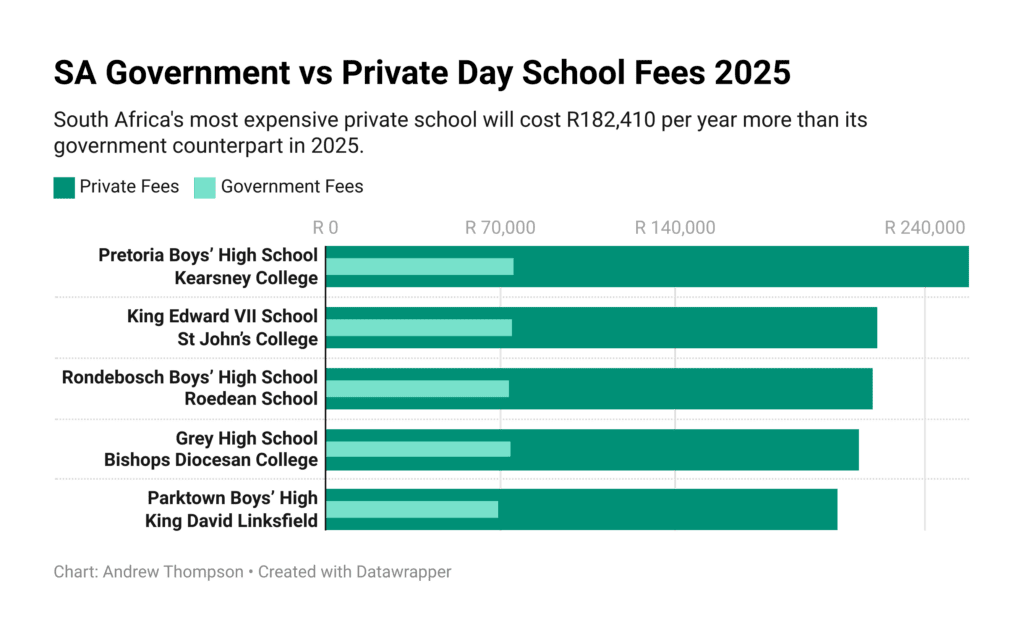
Most expensive boarding schools in South Africa
More dramatic are the country’s elite boarding school fees. Next year, South Africa’s most expensive school remains, unsurprisingly, Hilton College.
Though modest by comparison, Hilton’s mooted 5.8% increase for 2025 is enough to push the hallowed KwaZulu-Natal school above the R420,000 mark, by Currency’s calculations – the first time any South African school has breached this threshold.
For children entering the school for the first time, a non-refundable entrance fee equivalent to one term’s fees, roughly R105,000 in 2025, is also applicable – a phenomenon common at similar establishments.
The rest of the country’s most expensive boarding schools keep their positions from 2024 (see table). Most have opted for increases of about 7% for 2025, with the biggest rand increase being the R27,000 parents at Roedean will need to add to the tally, bringing that school’s fees to R387,093.
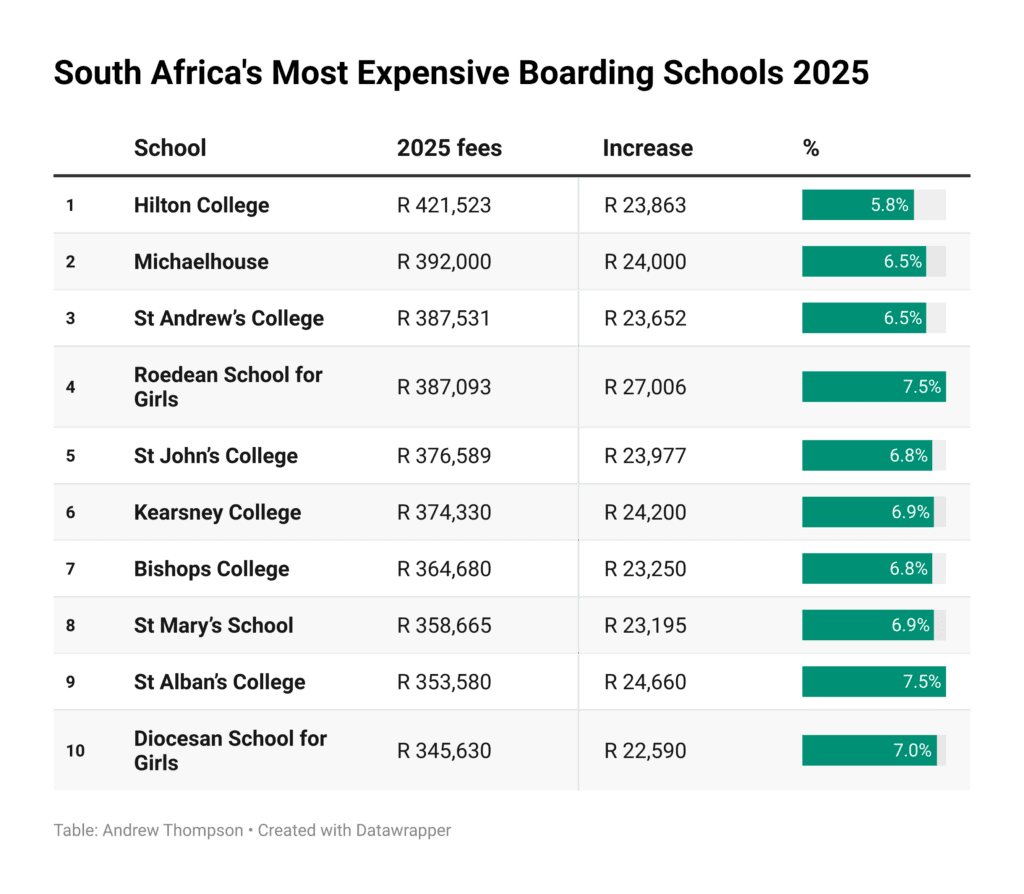
Schools as luxury products
That South Africa now has a school charging more than R400,000 for a single year is interesting, especially if you’re not paying for it. But by 2026, with even modest increases at other institutions, this will be old news – at least five other institutions will have joined Hilton in this bracket, and their waiting lists are unlikely to shorten as a result.
Much like the country’s luxury safari lodges, which are in something of an arms race to be the most expensive and, presumably, perceived among the best as a result, schools at this level – with a brief respite during the pandemic – seem largely unperturbed by the rise and rise of their fees.
If century-old elite schools see fees as one element of their marketing collateral, earnest career headteachers will likely deny it. A glance through ivy-walled schools’ prospectuses reveals deflections toward lofty ideals: nurturing tomorrow’s leaders, offering a holistic, grounded education, and providing access to extravagantly deep swimming pools and cricket outfields so perfectly manicured they might have been trimmed with nail clippers.
Of course, there’s no denying that few establishments in the world can offer the quality of rounded education that these and others like it do.
The CEOs of JSE-listed education companies like AdvTech, Curro and Stadio – which rarely challenge the top of the annual lists of the most expensive schools – strike a slightly different tone. Their annual reports understandably reference the growth and financial performance of the business as much as any standout school achievements.
If the legacy schools like Hilton, Michaelhouse and Kearsney are the Bentleys, then these growing networks of premium private schools, popping up at the rate of California rolls on tuck shop menus, are closer to the Mercedes-Benzes. Slightly more affordable, still desirable, but unlikely to hit that attractively unattainable price point anytime soon.
This isn’t a South African phenomenon, either.
The UK’s Inspired Education Group, valued at several billion pounds, is perhaps the best example of this. Inspired has made a global business out of attracting parents, partly with eye-popping fees, to exclusive private schooling. The group now lists dozens of the world’s most sought-after standalone schools and larger networks on its books, and South Africa’s Reddam House is one of them.
Though some comparatively new schools are firmly in the mix for the most expensive establishments each year, for now it appears that few will rival those at the very top of the fee lists anytime soon – and that’s likely how they aim to keep it.
Sign up to Currency’s weekly newsletters to receive your own bulletin of weekday news and weekend treats. Register here.
